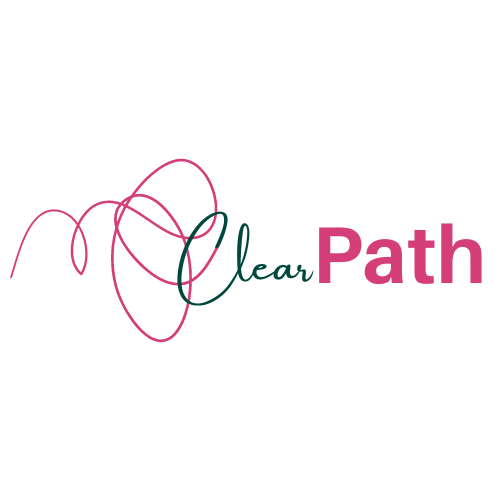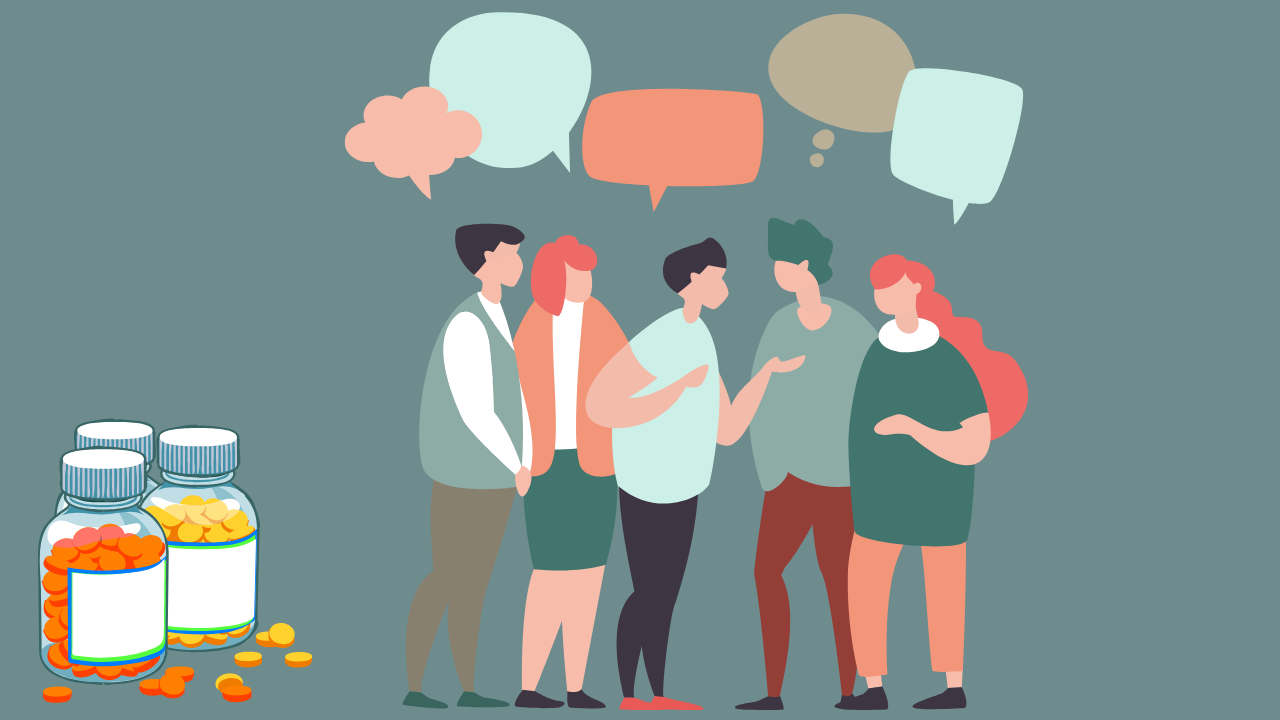Experts agree that ADHD medications like stimulants can improve these social skills by enhancing concentration and reducing impulsive behaviors.
These improvements are linked to the regulation of dopamine and norepinephrine in the brain, particularly in areas associated with ADHD.
Treating ADHD effectively often requires a combination of medications and behavioral interventions.
Social skills training, when combined with medication, has shown positive results in enhancing social interactions and reducing symptoms.
It’s important for individuals experiencing side effects from medications to consult with healthcare providers to adjust treatments as needed.
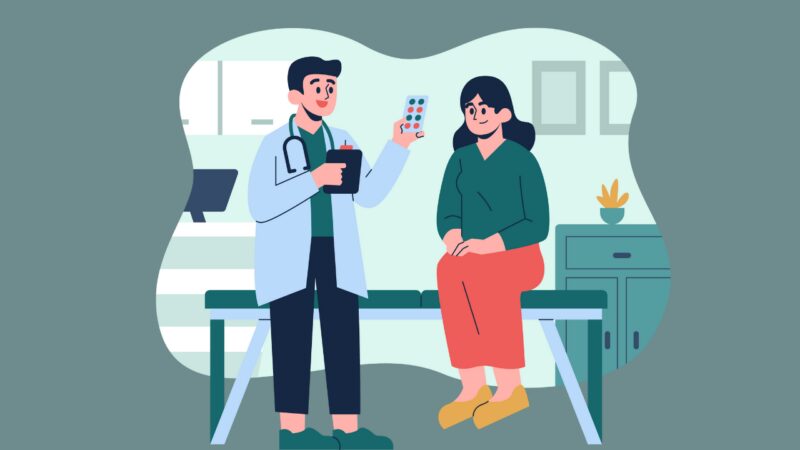
Key Takeaways
- ADHD medications improve focus, reduce impulsivity, and enhance social skills by regulating dopamine and norepinephrine.
- Side effects like decreased appetite, sleep issues, and irritability are common in over 80% of children on stimulants.
- Managing side effects with healthcare providers is crucial for adjusting treatment and addressing mood changes or anxiety.
- Combination of medication and social skills training is most effective for improving social interactions.
- Regular evaluation of medication is needed to balance symptom control and side effects.
Types of ADHD Medications
- Stimulants are the most commonly prescribed and include medications like methylphenidate (such as Ritalin) and amphetamines (such as Adderall) as per NCBI study. These drugs are quick-acting and are often the first line of treatment.
- Non-stimulants include atomoxetine (Strattera) and guanfacine (Intuniv). These are usually prescribed when stimulants are not effective or cause adverse effects. Non-stimulants tend to have a more gradual effect on symptom management.
How ADHD Medications Work
| Side Effects | Methylphenidates (Concerta, Ritalin) | Amphetamines (Adderall, Vyvanse) |
|---|---|---|
| Decreased appetite | 54% | 57% |
| Sleep problems | 35% | 37% |
| Weight loss | 32% | 32% |
| Upset stomach/Stomach ache | 26% | 24% |
| Irritability/Anger | 22% | 28% |
| Headaches | 19% | 20% |
| Flat affect (loss of personality) | 16% | 18% |
| Fatigue | 13% | 13% |
| Jittery/Tremulous | 9% | 11% |
| Tics (repetitive movements or sounds) | 8% | 9% |
| Overly high mood/energy (Manic behavior) | 8% | 13% |
| Talking about harming himself/herself | 7% | 9% |
| Heart palpitations | 5% | 7% |
| Hallucinations | 1% | 2% |
| None of the Above | 19% | 16% |
Stimulant medications primarily target neurotransmitters in the brain, particularly dopamine and norepinephrine.
They increase the level of these chemicals in areas of the brain responsible for attention and behavior regulation, such as the frontal cortex. This helps improve focus, reduce impulsivity, and alleviate hyperactivity.
Non-stimulant medications work differently.
For example, atomoxetine increases norepinephrine levels but does not stimulate dopamine release, making it less likely to be abused.
Guanfacine affects receptors in the prefrontal cortex, enhancing cognitive functions and emotional control.
Impact of Medication on Social Skills
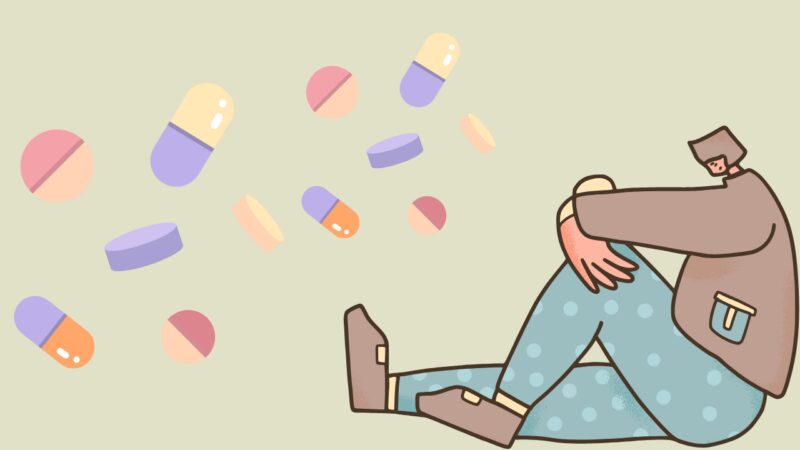
These medications help regulate dopamine and norepinephrine levels in the brain, improving focus and cognitive function. This improvement enables better conversation quality, allowing individuals to respond more appropriately and in a timely manner.
Improved attention spans also reduce interruptions during conversations. With enhanced cognitive skills, individuals can better organize their thoughts and articulate their points more clearly. This can translate to more meaningful and engaging interactions, which are crucial for socialization.
Medication Effect on Social Cues
Stimulant medications can help improve these interpretive skills, making social interactions less challenging. Research suggests that medicated individuals show improved recognition of these non-verbal cues.
This enhanced ability can mitigate misunderstandings and miscommunications. By becoming better at reading social cues, individuals with ADHD can navigate social settings more effectively, contributing to healthier and more positive social experiences.
Building and Maintaining Relationships
By improving attention, reducing impulsivity, and enhancing communication and social cue interpretation, medications facilitate better interactions. This not only aids in establishing new relationships but also in sustaining existing ones.
A key benefit is the reduction in behaviors that can harm relationships, such as impulsive actions and inattentiveness. Consistent medication use can lead to more stable and enriching social bonds, providing a foundation for lasting friendships and professional relationships. This holistic improvement in social skills can dramatically improve the individual’s overall quality of life.
Expert Opinions
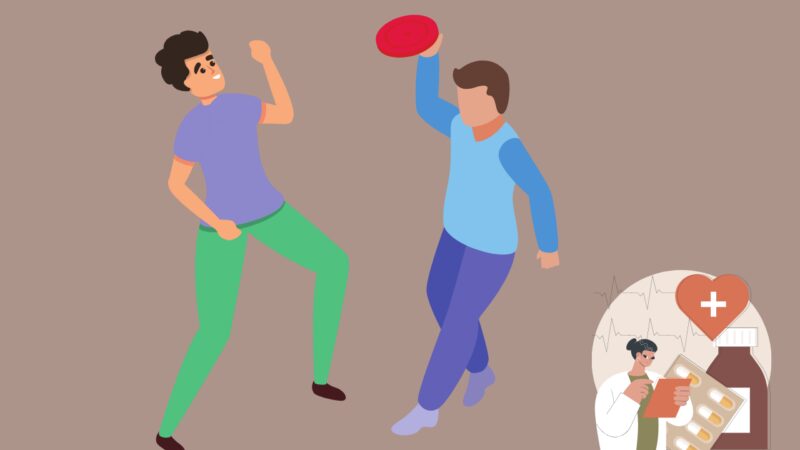
Clinical Studies and Evidence
Study of Jonathan R. Stevens shows that ADHD medications, particularly stimulants, can positively affect social interactions. By improving focus and reducing impulsive behavior, individuals are better able to engage in social settings.
Research has also found that medications like those regulating dopamine and norepinephrine in the frontal cortex can improve social skills indirectly by enhancing overall cognitive functions according to NCBI study.
However, it is important to note that the degree of improvement varies.
Medical Professional Perspectives
Aaron J. Hauptman and Elizabeth Barkoudah says that psychiatrists and neurologists often highlight that medications can help manage core symptoms, which in turn can create a conducive environment for social skill acquisition.
However, doctors also caution about the potential side effects and the fact that medication is not a standalone solution.
Pediatricians, for example, emphasize the need for a comprehensive treatment plan that includes behavioral and social skills training.
They also stress monitoring for side effects and adjusting treatment plans accordingly.
Educator Insights
Many teachers report improvements in classroom behavior, which often translates to better peer interactions. Students on medication tend to participate more actively in group activities, leading to enhanced social experiences, as noted by Research Gate.
However, educators also observe that medication alone is insufficient.
Effective social skill development usually requires additional support, such as social skills training programs and individualized education plans (IEPs). Educators advocate for collaboration among healthcare providers, parents, and schools to address the social and academic needs of students with ADHD comprehensively.
ADHD Drug Side Effects – What Parents Need to Know
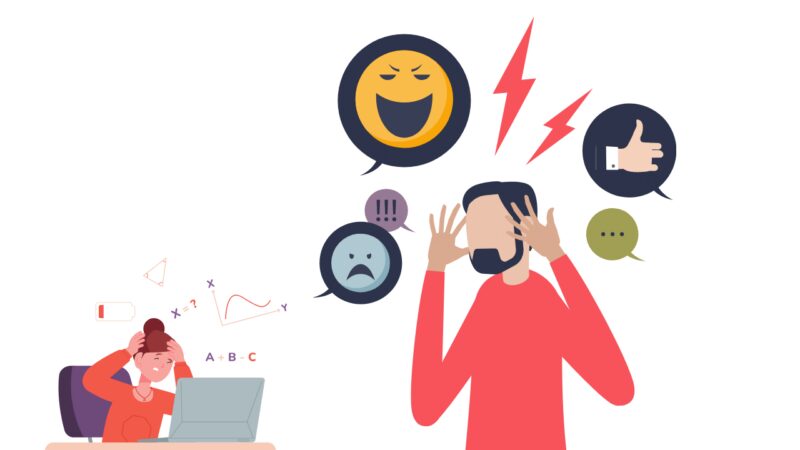
In survey, we found that 84% of children taking amphetamines and 81% of children taking methylphenidates experienced side effects. Additionally, 35% of parents who stopped their child’s medication said side effects were the reason.
Most Common Side Effects
Parents frequently reported the following side effects for both amphetamines and methylphenidates:
- Decreased appetite
- Sleep problems
- Weight loss
- Irritability
- Upset stomach
While these side effects were common for both types of medication, irritability was reported more often by parents of children taking amphetamines. Interestingly, elevated mood or excessive energy was also more commonly noted with amphetamines, even though it was not one of the most frequent side effects.
If your child experiences side effects such as irritability, anger, or manic behavior, it’s essential to talk with your doctor. These side effects may indicate that adjustments are needed according to Healthwise guide.
Managing Side Effects
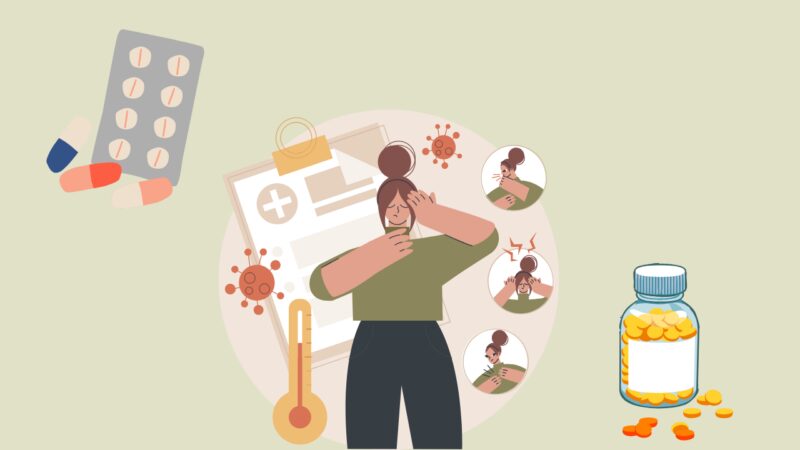
Dr. Michael L. Goldstein, M.D., emphasizes that while side effects like loss of appetite are common, they are often not severe and usually improve over time. He also highlights that some side effects, like sleep problems, might not be due to the medication at all but could have existed before treatment started.
Timing is key: ensuring your child takes the medication at the right time can influence whether side effects occur. Dr. Goldstein stresses the importance of figuring out whether side effects like anxiety or mood changes are truly from the medication, or if they are just part of your child’s natural response to treatment.
Second-Line Medications: Are They Better?
Some parents opt for second-line medications due to concerns about side effects from amphetamines and methylphenidates. While these second-line options are associated with fewer side effects, parents still reported a high frequency of adverse reactions.
Tailoring Treatment to Your Child’s Needs
Parents and doctors need to work closely to fine-tune ADHD medication. For example, long-acting formulations can help children who experience issues later in the day. However, this can lead to appetite suppression during dinner or delayed bedtimes. Dr. Goldstein advises that there’s no one-size-fits-all approach: “The key is careful evaluation of the medication’s effects—whether to increase, decrease, or switch.”
Another challenge some children face is withdrawal symptoms when the medication wears off. If your child shows these symptoms, working with your doctor to develop management strategies is crucial.
